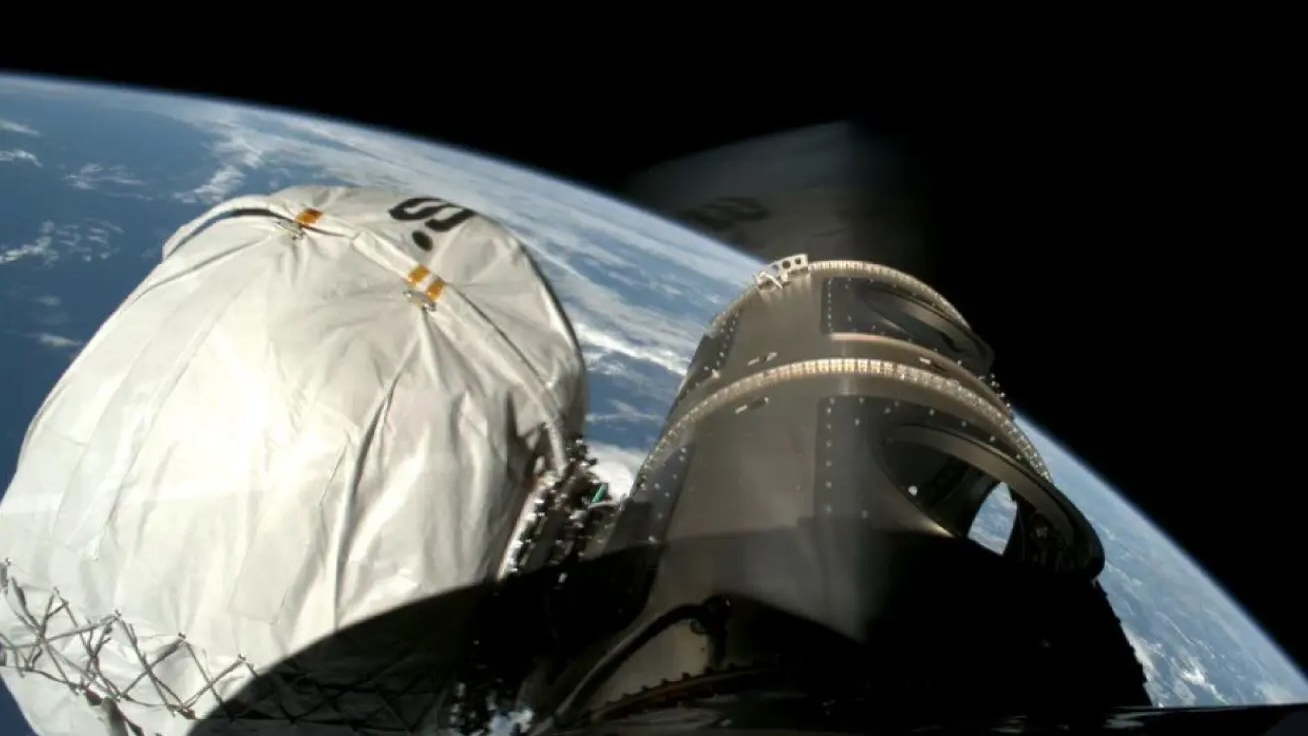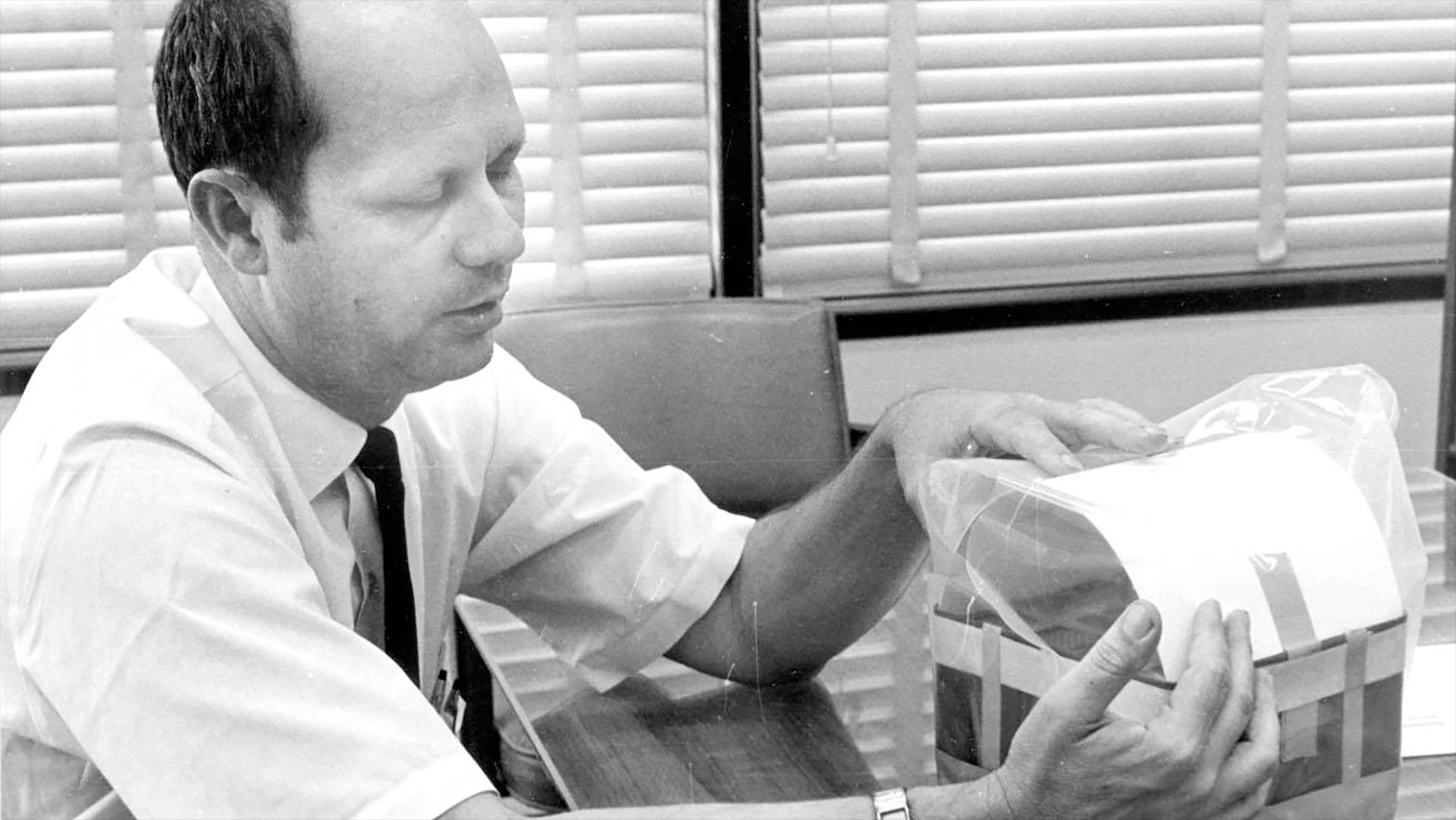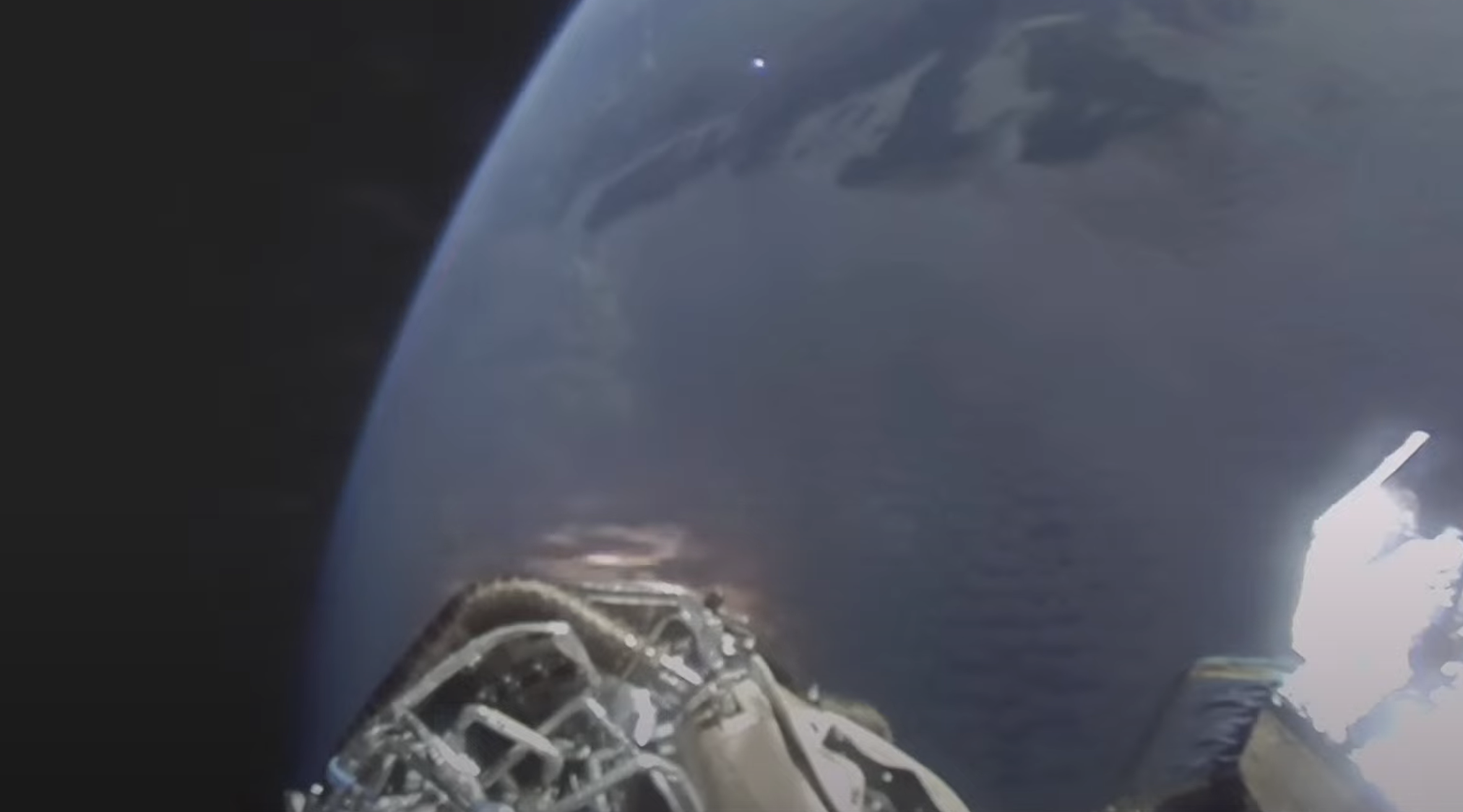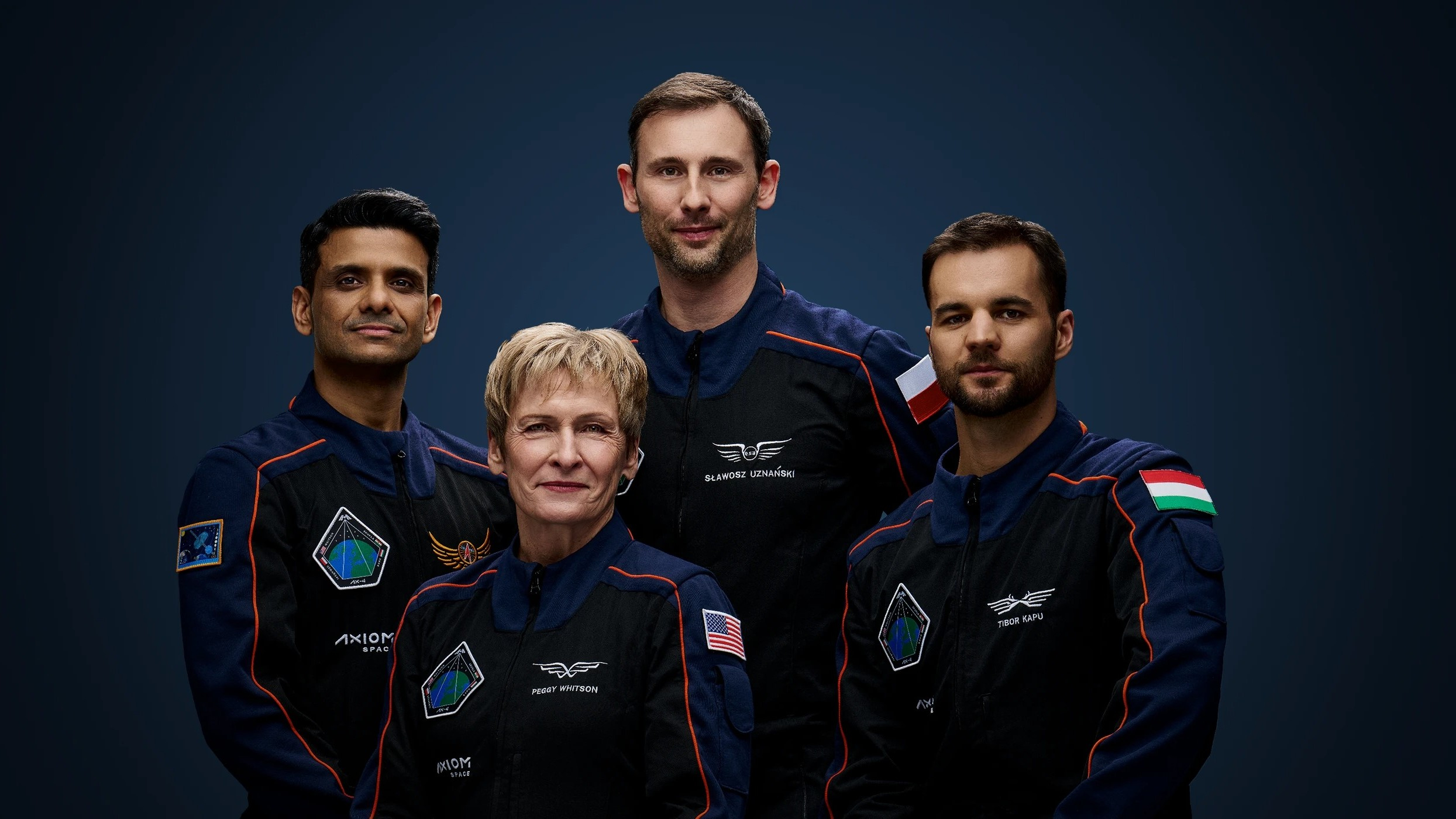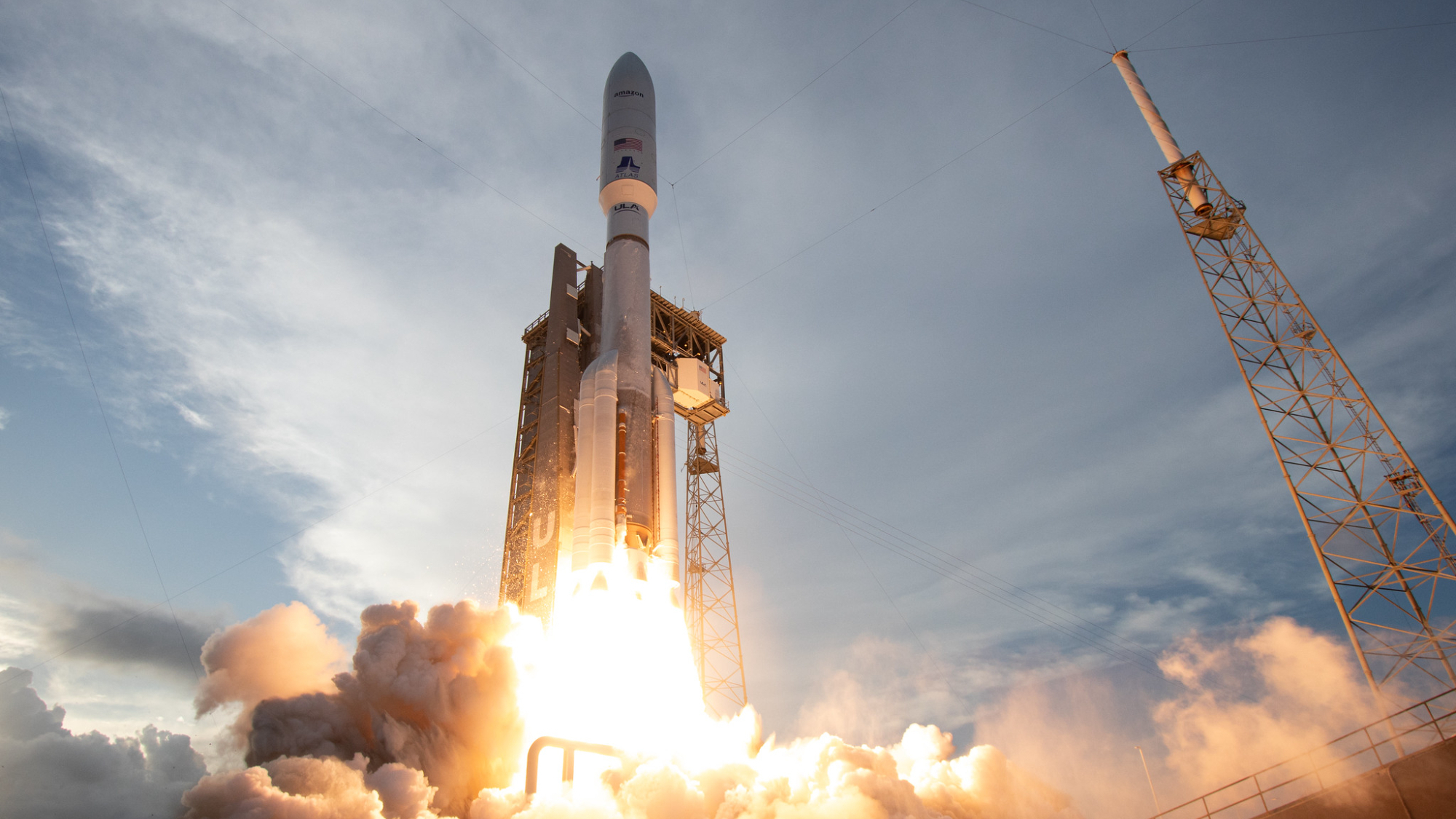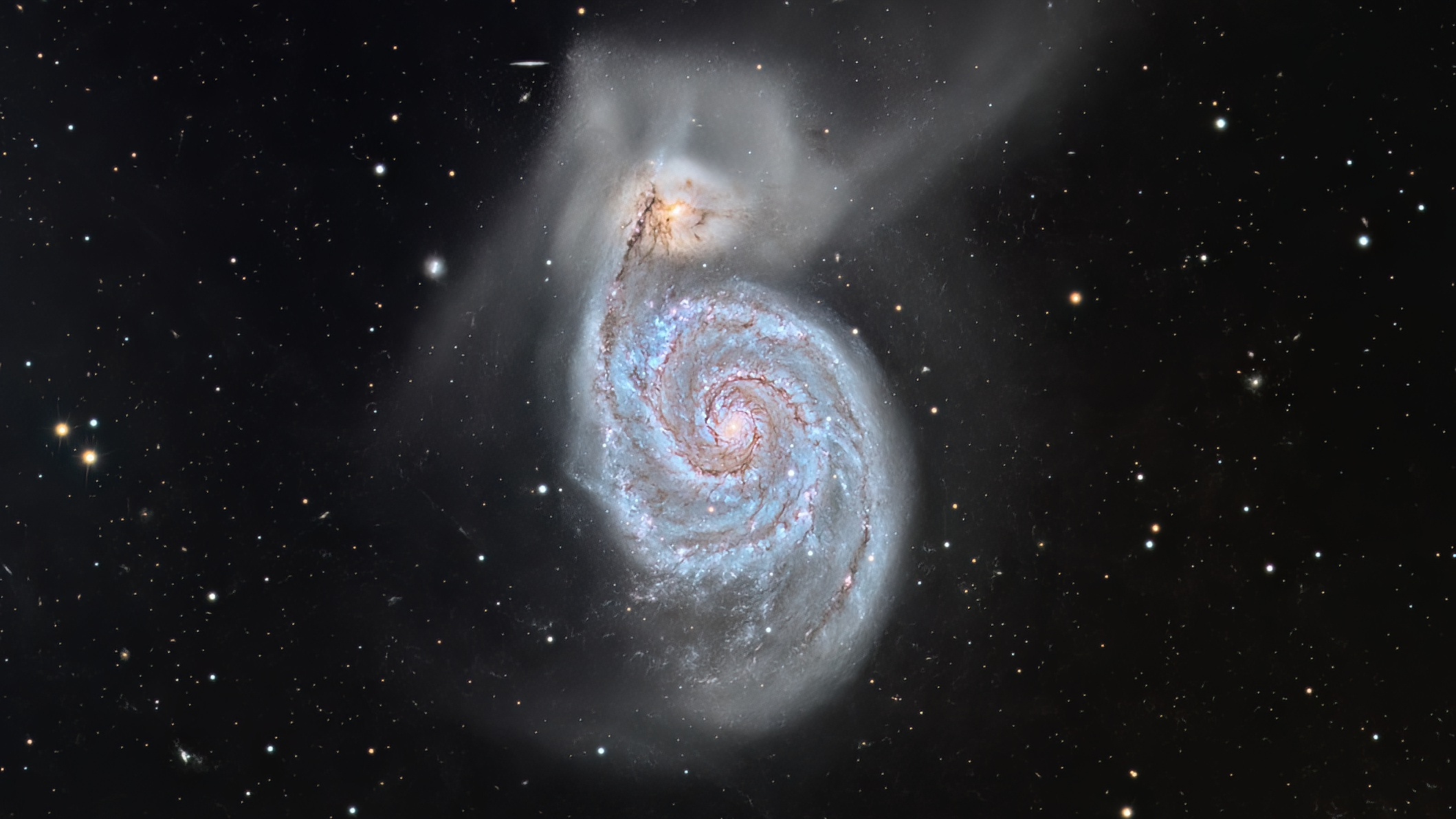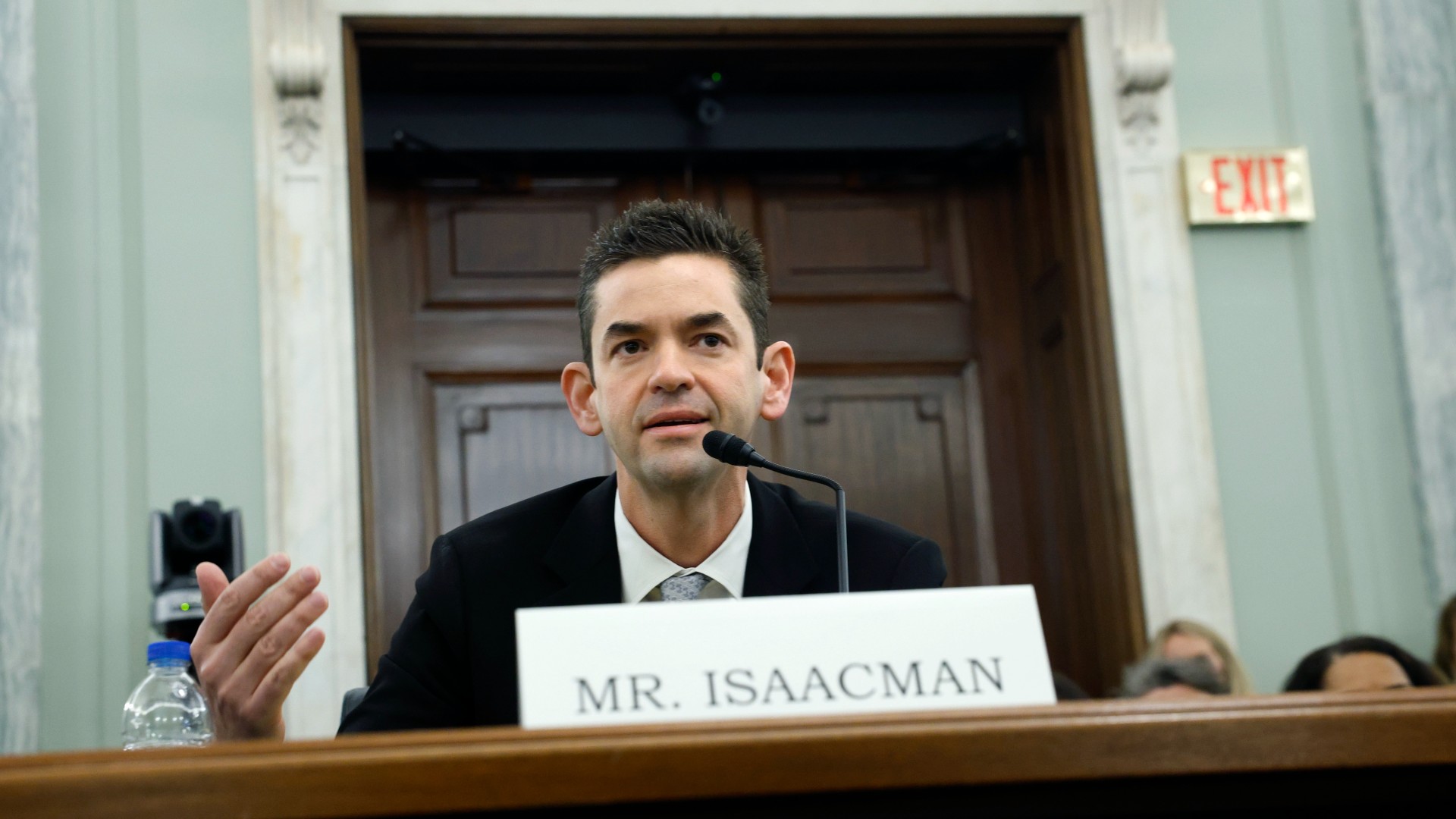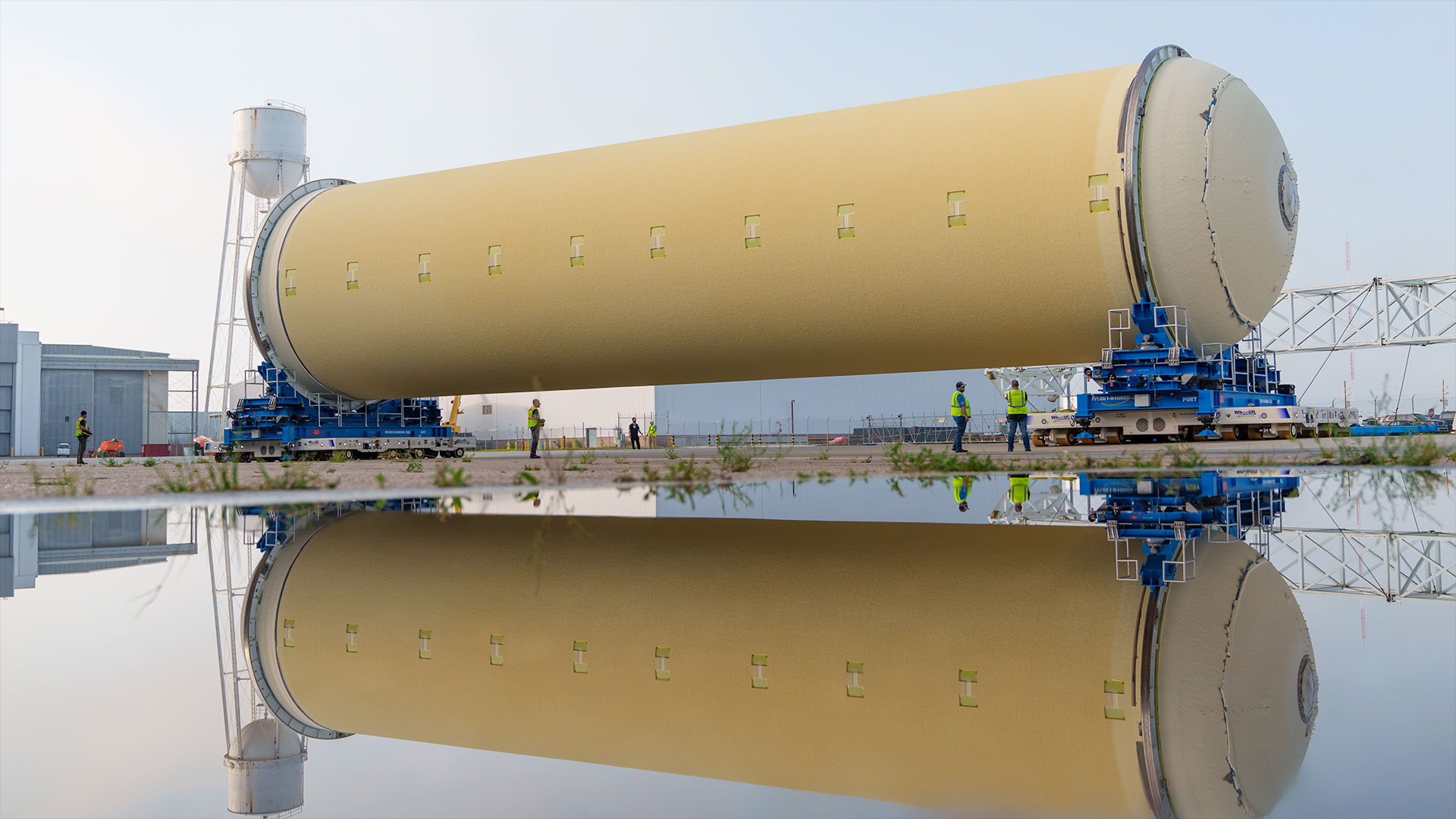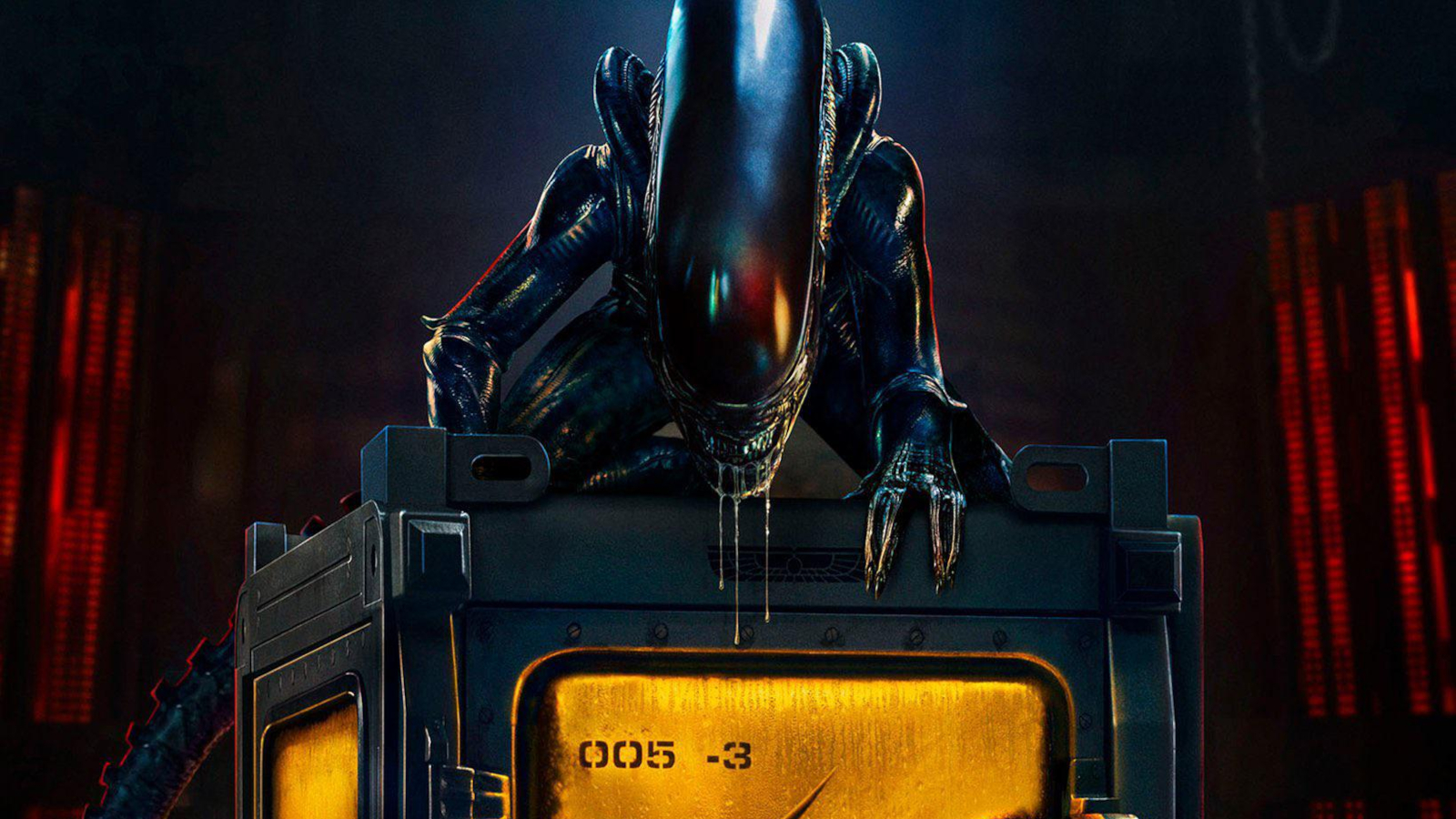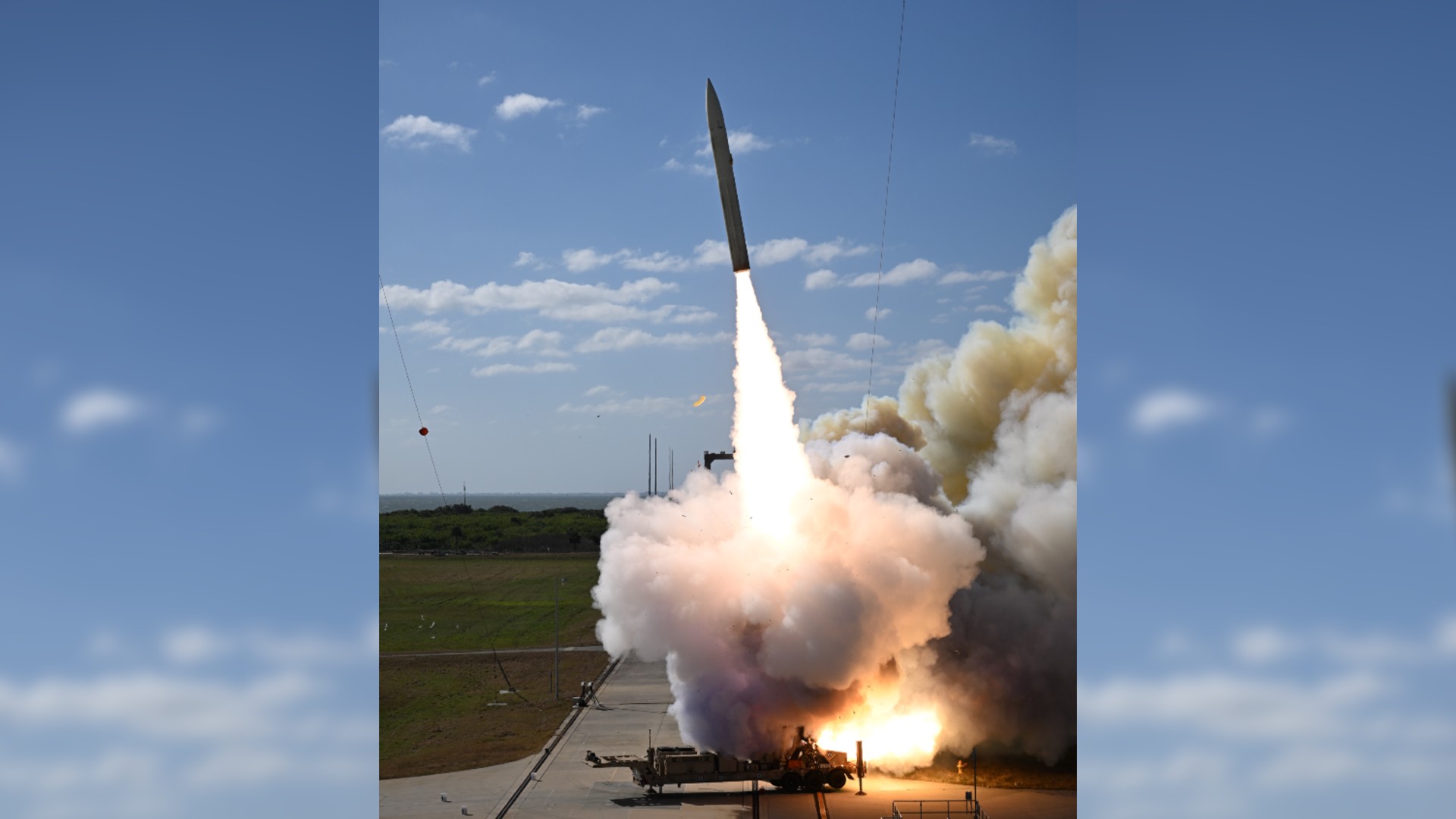
Astra will have to wait a little longer to get off the ground again.
The Bay Area startup is preparing for its fourth orbital launch attempt, which will loft a rocket called Launch Vehicle 0007 (LV0007) from Pacific Spaceport Complex on Alaska's Kodiak Island on a test mission for the U.S. military.
Earlier this month, Astra announced that this mission had two potential launch windows: one that runs from Oct. 27 to Oct. 31 and another that's open from Nov. 5 to Nov. 12. On Tuesday (Oct. 26), we learned that the first window is now closed.
Video: Watch Astra's Rocket 3.2 launch on its 1st successful flight
"We’re proud of our team for getting us back to the pad in 60 days. After the team & LV0007 arrived in Kodiak, we learned planned range improvements would not finish in time to complete the necessary preparations for a launch in 1st segment of our window. Stay tuned," Astra said via Twitter on Tuesday.
As that tweet noted, Astra's most recent launch attempt came less than two months ago. LV0006 launched from the Pacific Spaceport Complex on Aug. 28, carrying a dummy payload on a test flight for the U.S. military.
One of LV0006's five first-stage engines conked out just after liftoff, however, causing the 43-foot-tall (13 meters) rocket to perform a horizontal power slide off the pad. The vehicle recovered well and soared high into the Alaska sky, but it couldn't overcome that initial problem, and the flight was terminated after 2.5 minutes.
Get the Space.com Newsletter
Breaking space news, the latest updates on rocket launches, skywatching events and more!
Astra identified the anomaly's root cause as a problem with the propellant-distribution system for LV006's first-stage engines. That issue has been fixed ahead of LV007's flight, company representatives have said.
Astra, which was founded in 2016, aims to become a big player in the small-satellite launch market with its line of mass-produced, low-cost, flexible and constantly evolving rockets.
The company has attempted three orbital test flights to date. Problems cropped up early on flights one and three, but number two, which took place in December 2020, was broadly successful: Astra's rocket reached space but ran out of fuel just seconds before attaining orbital velocity.
Mike Wall is the author of "Out There" (Grand Central Publishing, 2018; illustrated by Karl Tate), a book about the search for alien life. Follow him on Twitter @michaeldwall. Follow us on Twitter @Spacedotcom or Facebook.
Join our Space Forums to keep talking space on the latest missions, night sky and more! And if you have a news tip, correction or comment, let us know at: community@space.com.

Michael Wall is a Senior Space Writer with Space.com and joined the team in 2010. He primarily covers exoplanets, spaceflight and military space, but has been known to dabble in the space art beat. His book about the search for alien life, "Out There," was published on Nov. 13, 2018. Before becoming a science writer, Michael worked as a herpetologist and wildlife biologist. He has a Ph.D. in evolutionary biology from the University of Sydney, Australia, a bachelor's degree from the University of Arizona, and a graduate certificate in science writing from the University of California, Santa Cruz. To find out what his latest project is, you can follow Michael on Twitter.
